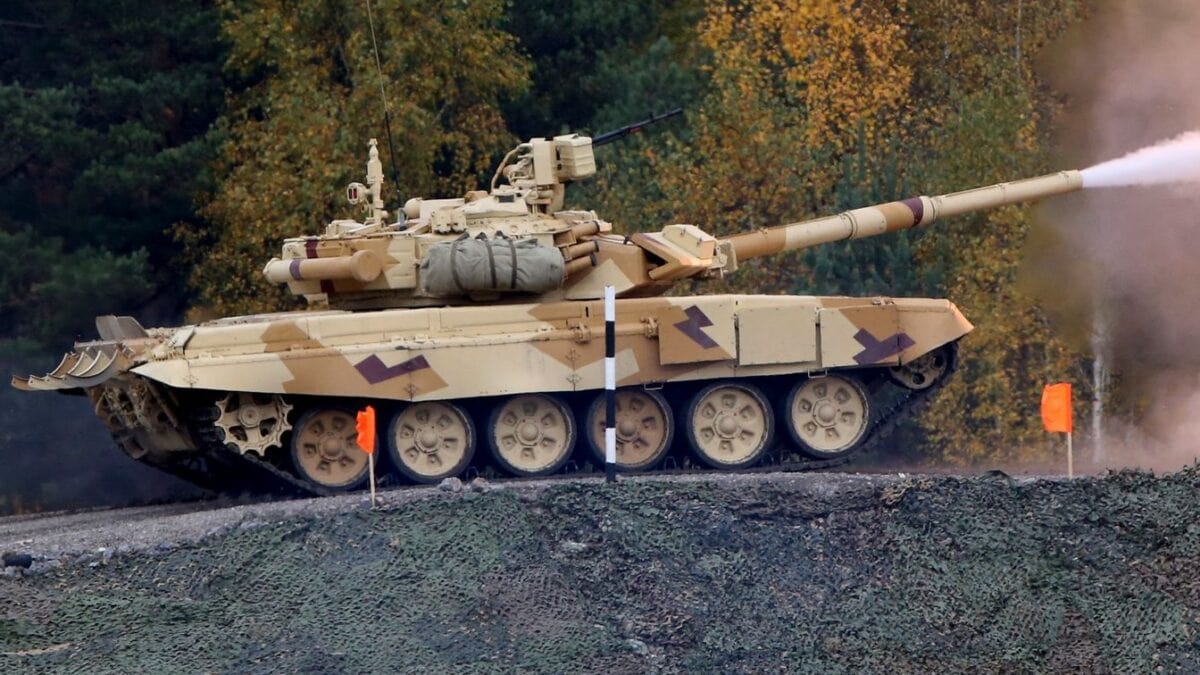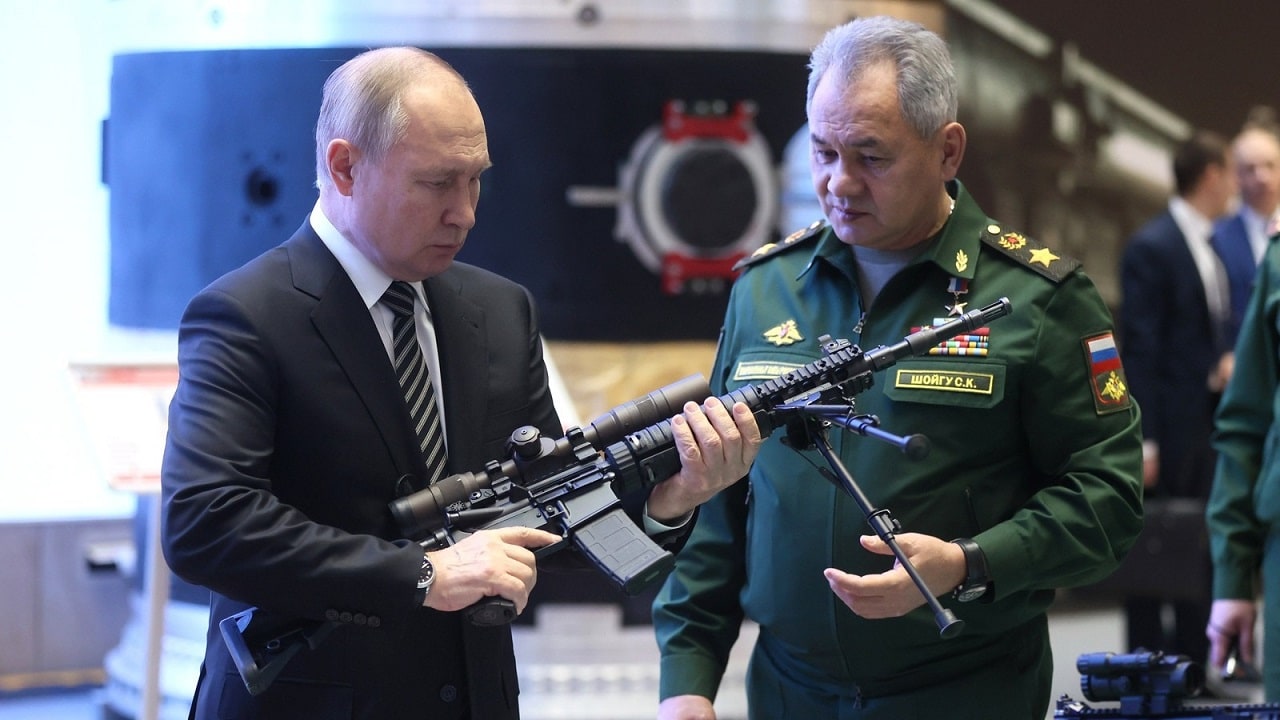Ukraine Crisis: U.S. Deployment of Troops to Eastern Europe Explained – Last week, the United States announced that thousands of American troops will be deployed to Europe as tensions between Ukraine and Russia heighten. It also follows failed negotiations between the Kremlin and NATO allies, after Russian President Vladimir Putin called for “assurances” from Western leaders that Ukraine will not be allowed to join NATO.
Why Is There Tension Between Russia and Ukraine?
The Russia-Ukraine crisis didn’t just start over the last year. Tensions go back to 2014, when Russia annexed the Crimean Peninsula in Ukraine. The president of Crimea was forced out of power following a series of nationwide protests before the Russian government entered Ukrainian territory and backed the protestors.
Now, with roughly 100,000 troops on the border of Ukraine, Western forces believe that a Russian invasion of Ukraine is imminent.
American intelligence officials say that Moscow has already formulated a number of excuses to invade Ukraine, which President Vladimir Putin denies is the country’s plan. One such excuse could be a propaganda video that shows a staged attack against Russia, giving the Kremlin an excuse to enter Ukrainian territory.
U.S. intelligence officials also said in December last year that Russia could be preparing to deploy as many as 175,000 troops to the Ukrainian border in anticipation of an invasion.
Pentagon Deploys Troops
In January, the Pentagon put 8,500 U.S. troops on standby for potential deployment. Pentagon spokesman John Kirby described how deployment was not necessarily imminent but that the soldiers were put on a “shorter leash” in anticipation of being sent overseas.
On Wednesday, however, the Pentagon announced that around 2,000 troops would be deployed to Europe from Fort Bragg, North Carolina. 1,700 troops come from the 82nd Airborne Division infantry brigade combat team, and they will be traveling to Poland.
A further 1,000 soldiers already stationed in Germany will be moved to Romania, where roughly 900 troops are already stationed. The two countries border Ukraine.
In a statement, the Pentagon confirmed that the troops will be used to deter aggression from Russia.
“These forward-deployed forces help to deter aggression and if deterrence fails, stand shoulder to shoulder with our Allies to maintain security and stability in Europe. At the President’s direction and following Secretary Austin’s recommendation, the Department of Defense will reposition certain Europe-based units further east, forward deploy additional U.S.-based units to Europe, and maintain the heightened state of readiness of response forces to meet these commitments,” a statement reads.
Kirby also told reporters on Wednesday that the deployment is not a “permanent” move and that the decision is “designed to respond to the current security environment.”

Russian T-90 Tank. Image Credit: Creative Commons.
Jack Buckby is a British author, counter-extremism researcher, and journalist based in New York. Reporting on the U.K., Europe, and the U.S., he works to analyze and understand left-wing and right-wing radicalization, and report on Western governments’ approaches to the pressing issues of today. His books and research papers explore these themes and propose pragmatic solutions to our increasingly polarized society.

